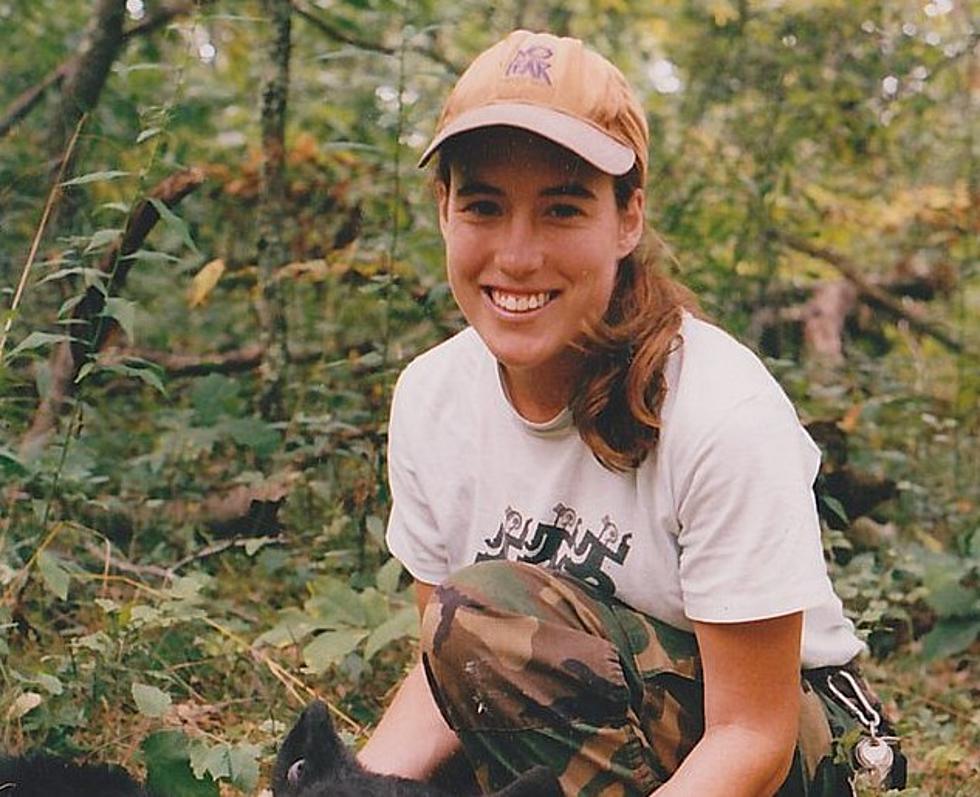
Montana Tobacco Quit Line Launches New Behavioral Health Program
The Department of Public Health and Human Services (DPHHS) has launched a new program to help persons with behavioral health conditions successfully quit tobacco products.
“Many individuals with behavioral health conditions want to stop smoking but may face extra challenges in successfully quitting,” DPHHS Director Adam Meier said. “Through the new Behavioral Health Program, participants will have access to specially trained coaches and additional coaching calls to help them overcome these challenges.”
DPHHS officials say, in Montana, tobacco use among those with behavioral health conditions remains high compared to the general population. According to the 2020 Montana Behavioral Risk Factor Surveillance System, the smoking prevalence is more than two times higher among adults who reported frequent poor mental health days compared to those who did not (30% versus 14%, respectively).
Tobacco users who have a behavioral health condition are at an increased risk for nicotine dependence, codependent disorders and premature death. On average, people with a serious mental illness die 15 years earlier than the general population largely due to conditions caused or worsened by smoking, according to the Centers for Disease Control and Prevention.
More than half of Montana Tobacco Quit Line participants self-report having at least one behavioral health condition and participants with at least one are less successful at quitting tobacco than those without.
In response to these alarming statistics, the Montana Tobacco Quit Line launched the Behavioral Health Program to better help participants with these conditions successfully quit all forms of commercial tobacco. It is estimated that 500 Montanans will benefit from the new program over the next fiscal year.
Through the Montana Tobacco Quit Line, participants in the program will benefit from:
- Seven scheduled telephone coaching sessions that focus on developing and practicing coping skills to manage stress while quitting;
- Specially trained tobacco treatment coaches who understand behavioral health conditions;
- Eight weeks of FREE Nicotine Replacement Therapies (NRT) with combinations of patch, gum, or lozenge; or
- Three months of FREE prescription cessation medications like Bupropion;
- A personalized Welcome Package including educational materials and the industry renowned My Quit Journey© workbook; and,
- Added services to supplement telephone coaching, including customized email and text messages, online chat, and interactive online resources.
“Many people start using nicotine to cope with feelings of stress, anxiety, and depression, but nicotine use actually worsens these symptoms over time,” Meier said. “It also reduces the effectiveness of certain psychotropic medications and makes it more difficult to recover from addiction to other substances. Quitting is one of the most important things you can do for both your physical and mental health.”
Montanans who are ready to quit commercial tobacco are encouraged to visit QuitNowMontana.com or call 1-800-QUIT-NOW to enroll. The Montana Tobacco Quit Line is available seven days a week from 5 a.m. – 11 p.m.
The Quit Line has helped over 100,000 Montanans, and over 36,000 have successfully quit since 2004.
More From KSEN AM 1150









